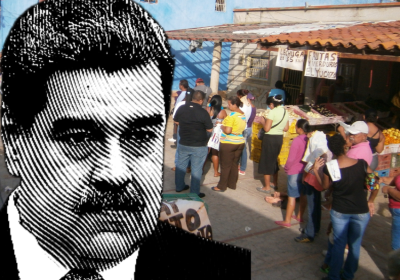
Salvador De León is a member of the Autonomous and Independent Workers’ Committee in Venezuela. In the second of our two-part interview, Green Left’s Federico Fuentes speaks to De León about the situation facing Venezuelan workers and trade unions.

Salvador De León is a member of the Autonomous and Independent Workers’ Committee in Venezuela. In the second of our two-part interview, Green Left’s Federico Fuentes speaks to De León about the situation facing Venezuelan workers and trade unions.
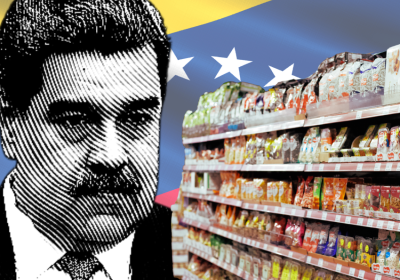
Salvador De León — a member of the Autonomous and Independent Workers’ Committee in Venezuela — spoke to Green Left’s Federico Fuentes about the Nicolás Maduro government’s economic policies.
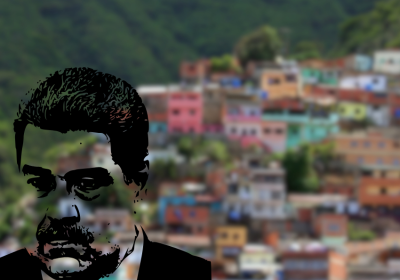
Federico Fuentes sat down with Venezuelan sociologist Atenea Jiménez, co-founder of the Alliance for Sovereignty and Democracy, which is bringing together Venezuelan left-wing movements and activists.
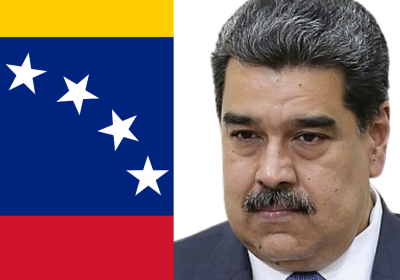
Green Left’s Federico Fuentes sat down with Malfred Gerig, a sociologist from the Central University of Venezuela, to discuss what he calls Maduro’s “neoliberalism with patrimonialist characteristics”. This is the final in a three-part interview.
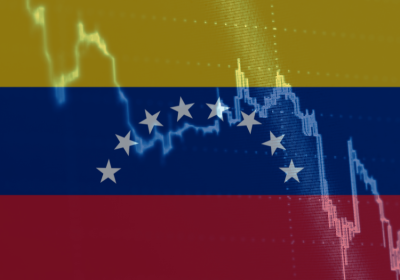
In the second of a three-part interview, Green Left’s Federico Fuentes sat down with sociologist Malfred Gerig to discuss Venezuelan president Nicolás Maduro’s economic policy response to what he terms the country’s “Long Depression”.
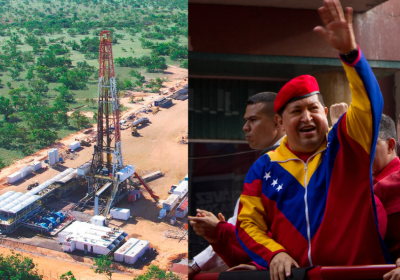
Federico Fuentes sat down with sociologist Malfred Gerig from the Central University of Venezuela to discuss the United States’ sanctions on Venezuela in the context of the country’s “Long Depression”.
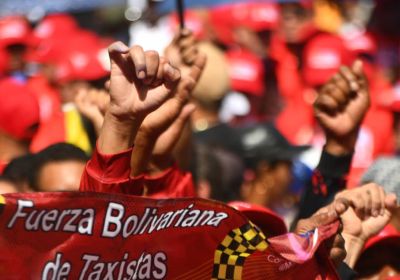
In the second part of our interview, Steve Ellner, Associate Managing Editor of Latin American Perspectives and a retired professor of the Universidad de Oriente in Venezuela, speaks to Federico Fuentes about opposition to United States imperialism and the left’s appraisal of the Nicolás Maduro government in Venezuela.
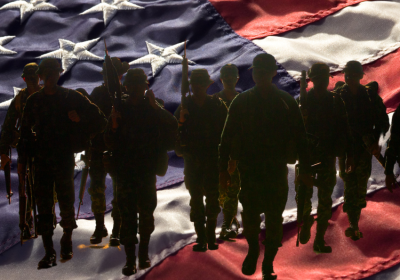
Steve Ellner, Associate Managing Editor of Latin American Perspectives and a retired professor of the Universidad de Oriente in Venezuela, speaks to Federico Fuentes about the need to prioritise the struggle against United States imperialism and the challenges for international solidarity.
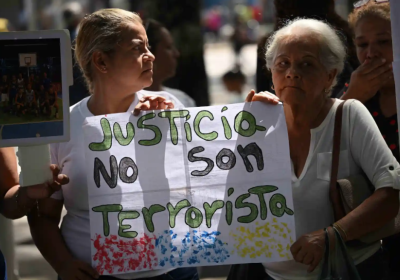
Michael Karrer spoke to Atenea Jiménez, a sociologist and founder of the National Network of Commune Activists and the Campesino University of Venezuela Argimiro Gabaldón, about the situation following Venezuela’s July 28 elections.
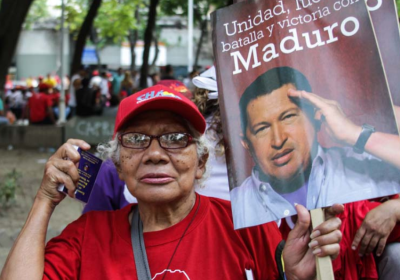
In part two of our interview, Green Left’s Federico Fuentes speaks to community organiser and Chavista activist Gerardo Rojas about the current state of community organising in the country under the combined impacts of sanctions, opposition political violence and the government’s shift away from promoting people’s participation.
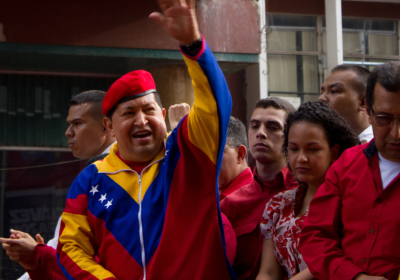
Federico Fuentes spoke to community organiser and Chavista activist Gerardo Rojas on September 4, about why we might be witnessing the Nicolás Maduro government’s final break with the Bolivarian process of radical change initiated by former president Hugo Chávez.
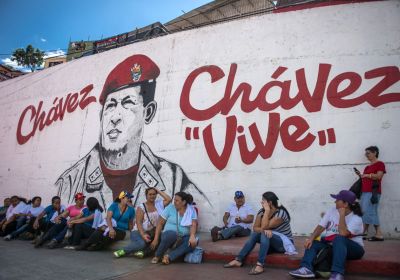
Venezuelan President Hugo Chavez was a leader for Venezuela, Latin America and the whole world, a meeting to mark 10 years since his death, was told. Chris Slee reports.